Scott Farquhar lifts the lid on investing, politics and his rock star wife, Kim Jackson
The nation’s tech sector is full of rock-star CEOs but in the case of Skip Capital, its co-founder experienced the bright lights of rock stardom.
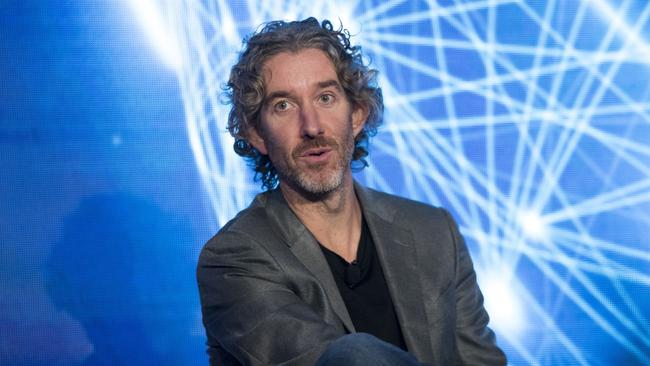
The nation’s tech sector is full of rock star chief executives but in the case of Skip Capital, the family office of billionaire couple Scott Farquhar and Kim Jackson, its co-founder tasted rock stardom.
A decade before she co-founded Skip, Jackson was the keyboard player for alternative rock band Krill, alongside her four siblings Jan, Roy and twins Lee and Lea.
The “Jackson five” was at one point signed by Sony and in 2004 performed at the Football World Cup in Germany, before touring Australia’s Big Day Out festival in 2006.
Speaking in a wide-ranging interview with The Weekend Australian, Farquhar – who met Jackson through mutual friends – says Skip’s strengths and point of difference lie in the way in which it views technology opportunities, which he says it all comes down to Jackson and her work experience.
Jackson’s family rock band was still touring up and down Australia’s east coast when she took a role as an investment banker at Hastings Funds Management in Sydney, helping pull together multibillion-dollar infrastructure transactions.
It’s that experience in infrastructure deals that Farquhar says has powered Skip’s investments, particularly in green technology.
The investment vehicle funds long-term projects across wind, solar, waste processing and recycling through its dedicated infrastructure fund, as well as taking stakes in more typical software start-ups like Canva and Culture Amp.
“The thing about green technology and our investments there is our heritage and Kim’s background as an infrastructure investor,” Farquhar says on the sidelines of Atlassian’s Team23 summit in Las Vegas.
“And if you look at a lot of green technology, it ends up being infrastructure eventually. I think that means we’re able to understand and price those deals appropriately.
“We have a lot of depth of understanding of infrastructure companies which I think allows us better insights further down the funnel.”
Jackson, who declined a request for interview, was one of the few women in her class when she studied engineering systems at ANU, and has maintained a focus on increasing investments in female-led start-ups. She and Farquhar also last year successfully led a charge to turn elite Sydney boys school Cranbrook co-ed by the end of the decade.
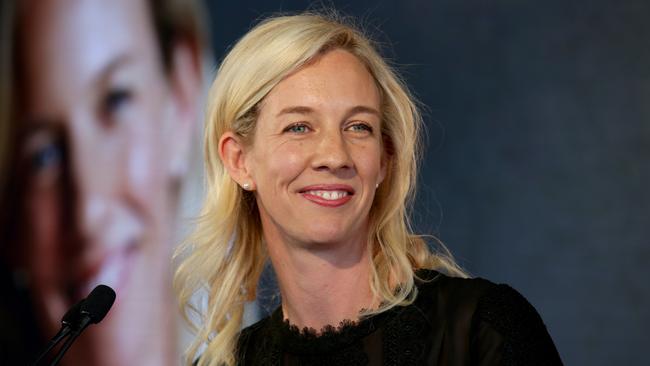
The downturn tearing through local tech valuations hasn’t affected Skip’s investment plans, Farquhar says, despite a growing number of its portfolio companies, including Milkrun, Brighte, Zoomo and Mr Yum, being forced into lay-offs – or in Milkrun’s case close entirely.
Atlassian itself laid off 500 workers last month but says it is still growing its technical teams.
“I don’t think it meaningfully changes it,” Farquhar says of Skip’s investments amid the ongoing “tech wreck”.
“With Skip we want to get behind great founders, and the great part about being a private family office is that we don’t have a fund size or a mandate, that we can only invest in X, Y and Z. We have always been flexible about what we can invest in.
“If there are a few more small start-ups to invest in that’s great, but we invest in big and small and (the downturn) doesn’t really materially change what we invest in.”
Alongside what they’ve built with Skip and their philanthropic efforts, Farquhar and Jackson have amassed one of Australia’s most significant property portfolios, smashing records in December for their purchase of Point Piper mansion Uig Lodge for $130m, which has arguably the nation’s best views of Sydney Harbour. It was the highest price ever paid for a house in Australia.
Like his Atlassian co-founder, Mike Cannon-Brookes, Farquhar has been regularly outspoken about social issues like marriage equality and environmental causes, as well as what he sees as poorly thought-out technology policies by Australian political leaders. In 2021 he was a fierce critic of the News Media Bargaining Code, which he said was another example of the government introducing measures that punish technology firms.
He says things have dramatically improved since then, in large part due to one significant development.
“I’m just super happy that both sides of politics now understand technology and that the technology sector is beneficial for everyone,” he says.
“I would give almost entire credit to Kate Pounder and the Tech Council of Australia, and I know that sounds totally self-serving given we started it, but the team’s done a great job and I think you’d say that you could almost see an inflection point from the moment it started to today with governments caring about technology.
“Whether that’s the migration debate … Migration used to be a discussion about migrants coming in and taking jobs, and when you actually start breaking it down you can see that technology jobs are actually net positive, and (migrants) are not stealing anyone’s local jobs.
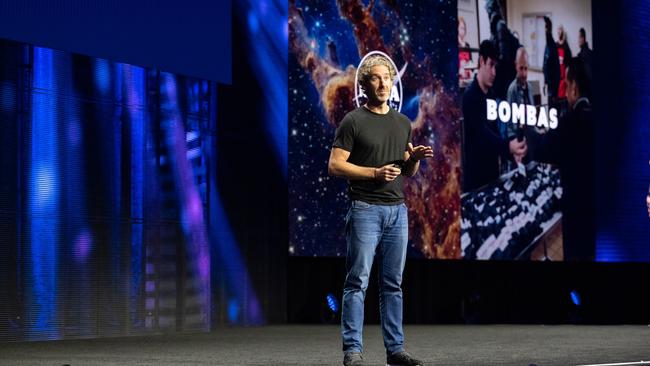
“I’ve been super excited by those types of changes, and in politics now a recognition that technology is going to drive the GDP of Australia and the whole economy forward.”
Atlassian was founded in 2002 by Farquhar and Cannon-Brookes when the pair were at the University of NSW and has since grown to be Australia’s biggest tech business.
Farquhar received an email from his then-UNSW classmate, Cannon-Brookes, in June 2001. It said “Bored of studying, Atlassian is far more interesting”.
Cannon-Brookes had sent the email to a number of students in their business information technology course but Farquhar was the only one to say yes to it.
This year celebrating its 21st birthday, the enterprise software firm is riding the AI wave and hype around tools like ChatGPT in a bet that they’ll make workers vastly more efficient. This month it introduced an AI “virtual teammate” in partnership with ChatGPT maker OpenAI that it says will make its own software vastly more powerful and useful.
Deploying a farm analogy, Farquhar says Atlassian’s products – Jira, Confluence, Trello – are the equivalent of the impact the backhoe had on workers compared to a century ago.
“What we do is we help unleash the potential of teams. And if you look at hundreds of thousands of customers we have now, as well as not-for-profits and free licences around, the scope of the number of people in the world we touch is huge.
“If you look at people’s lives, there’s so much busy work. It’s like how people on construction sites used to have to dig holes by hand, and now they’ve got a backhoe, and they’re much more productive. The person driving the backhoe has a much better life as a result. With knowledge work, we can make people more productive, we can give them the backhoe, by helping them organise work and stuff around that.
“The person in that company also goes home at the end of the day, not complaining about their aching back or that they feel like they wasted half of their day. We have the ability to change the ability to change that for tens of millions of people around the world.”
David Swan travelled to Las Vegas as a guest of Atlassian.





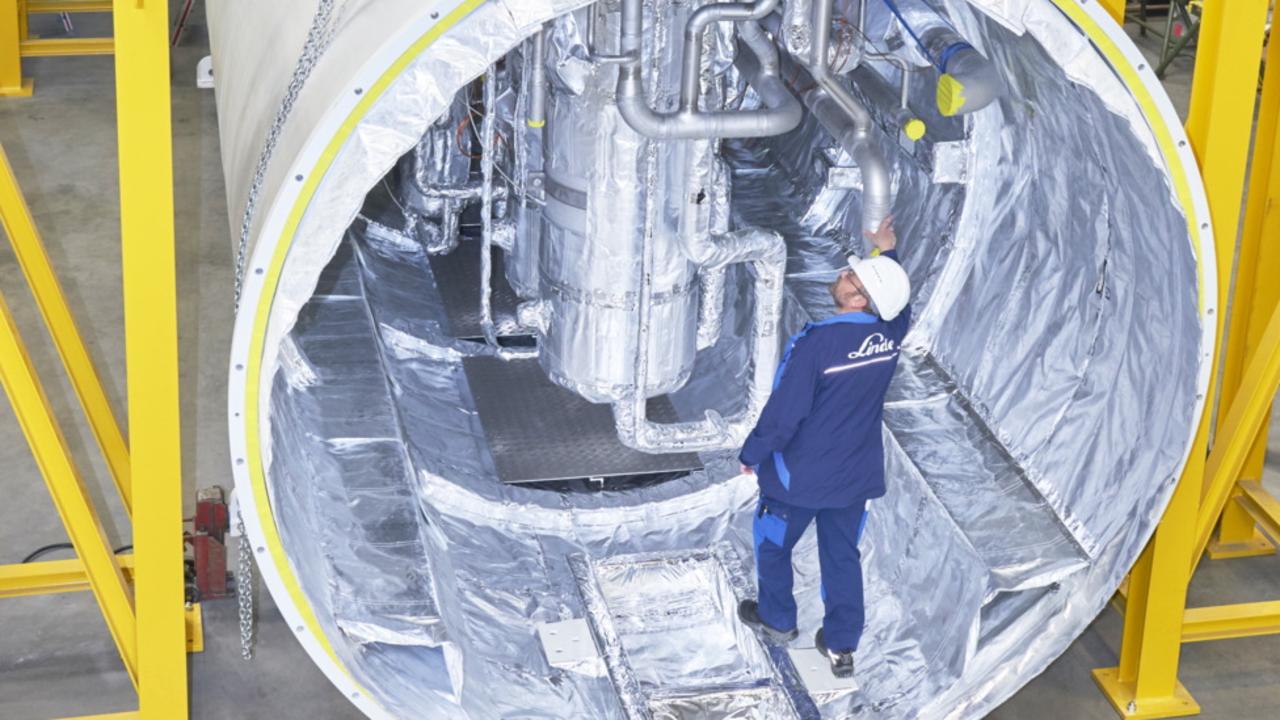
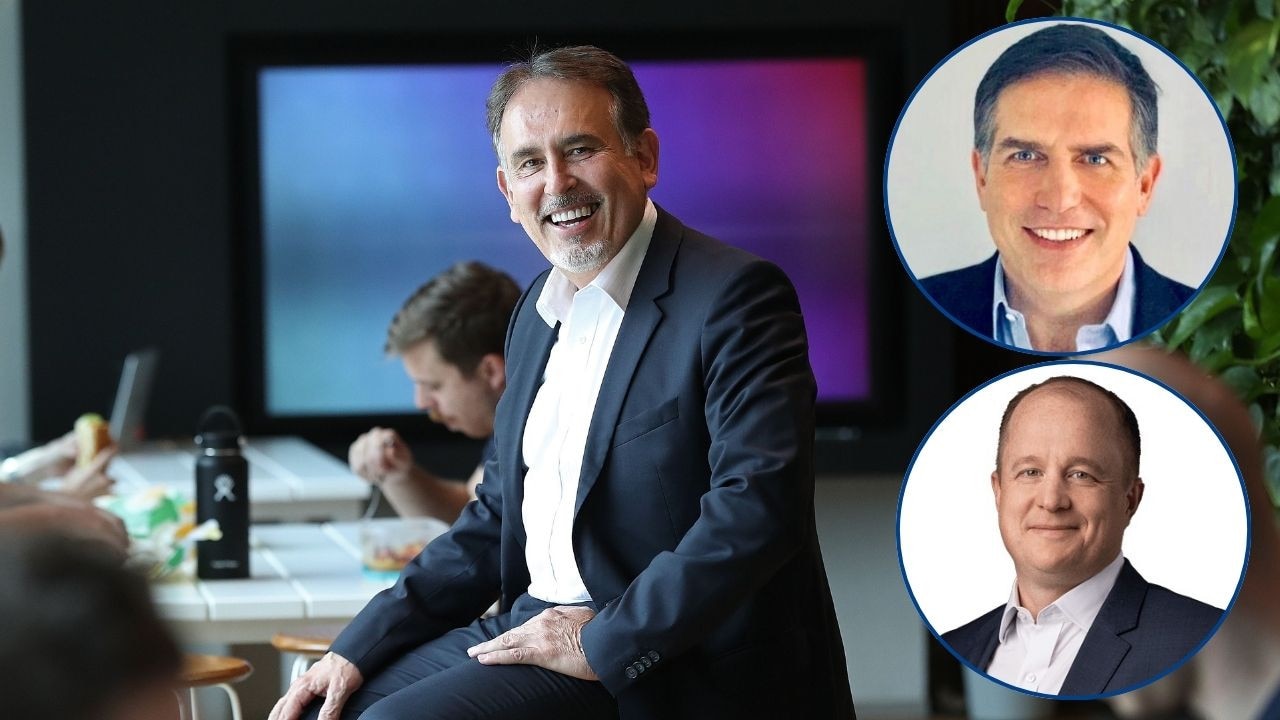
To join the conversation, please log in. Don't have an account? Register
Join the conversation, you are commenting as Logout